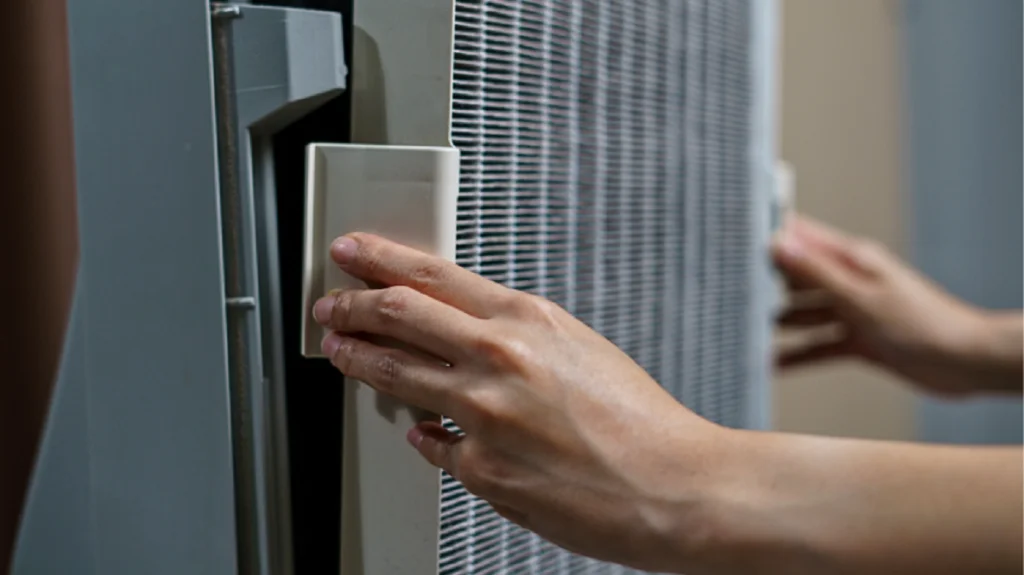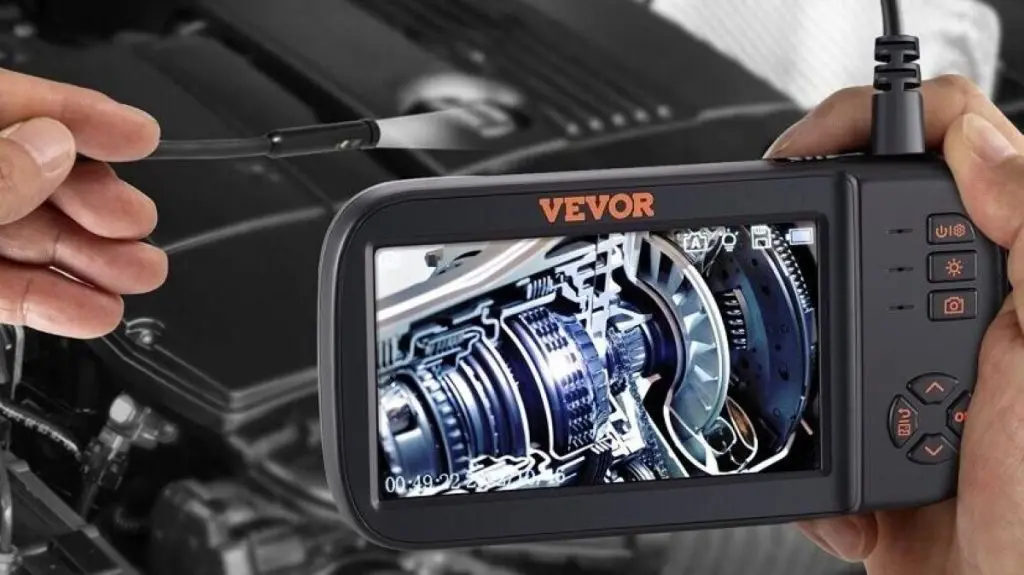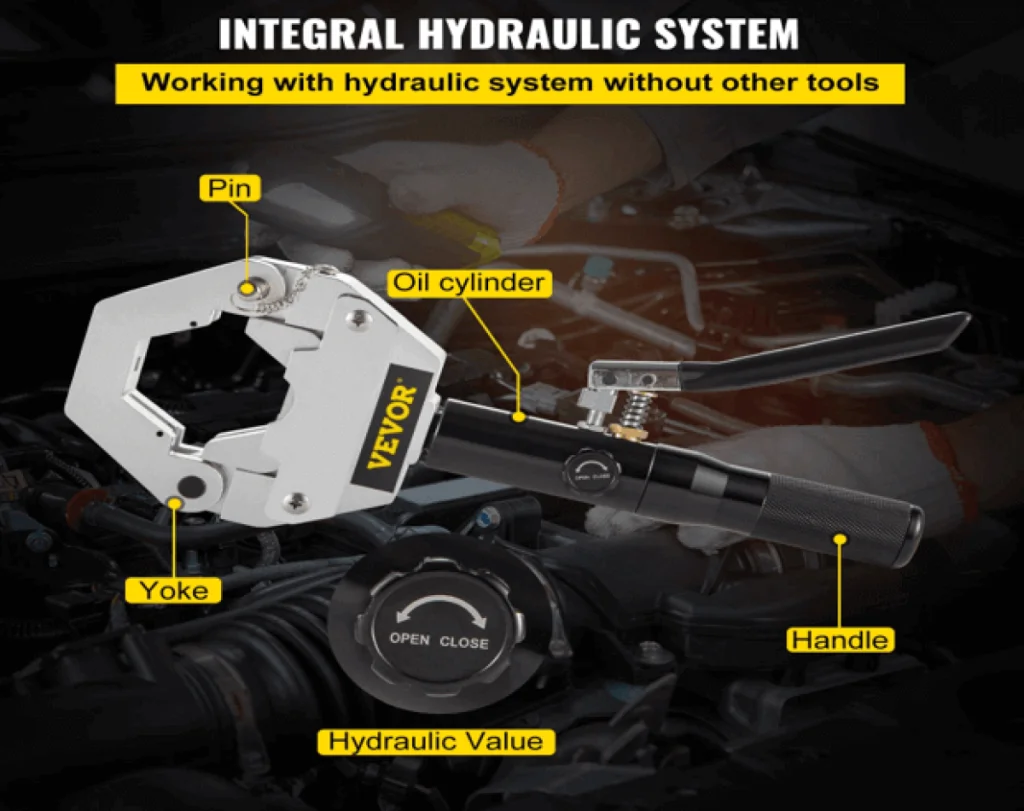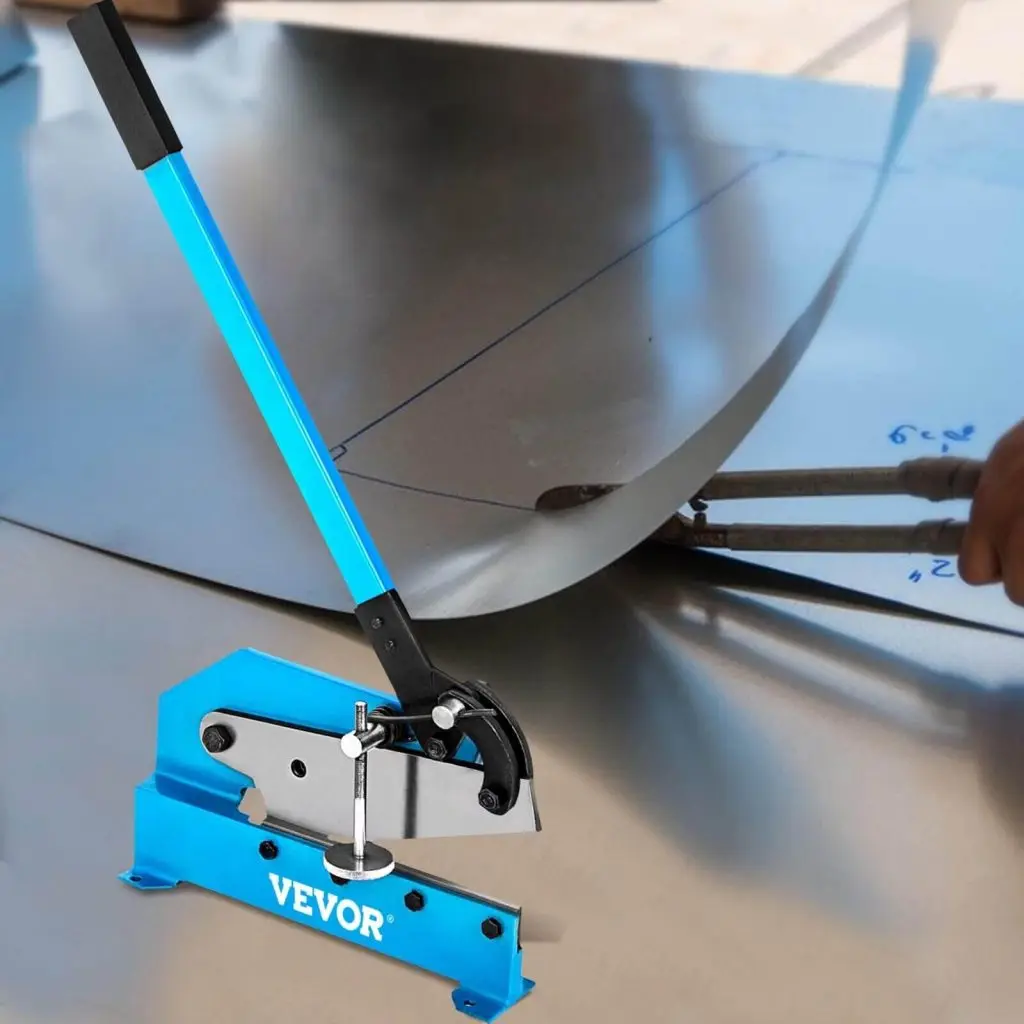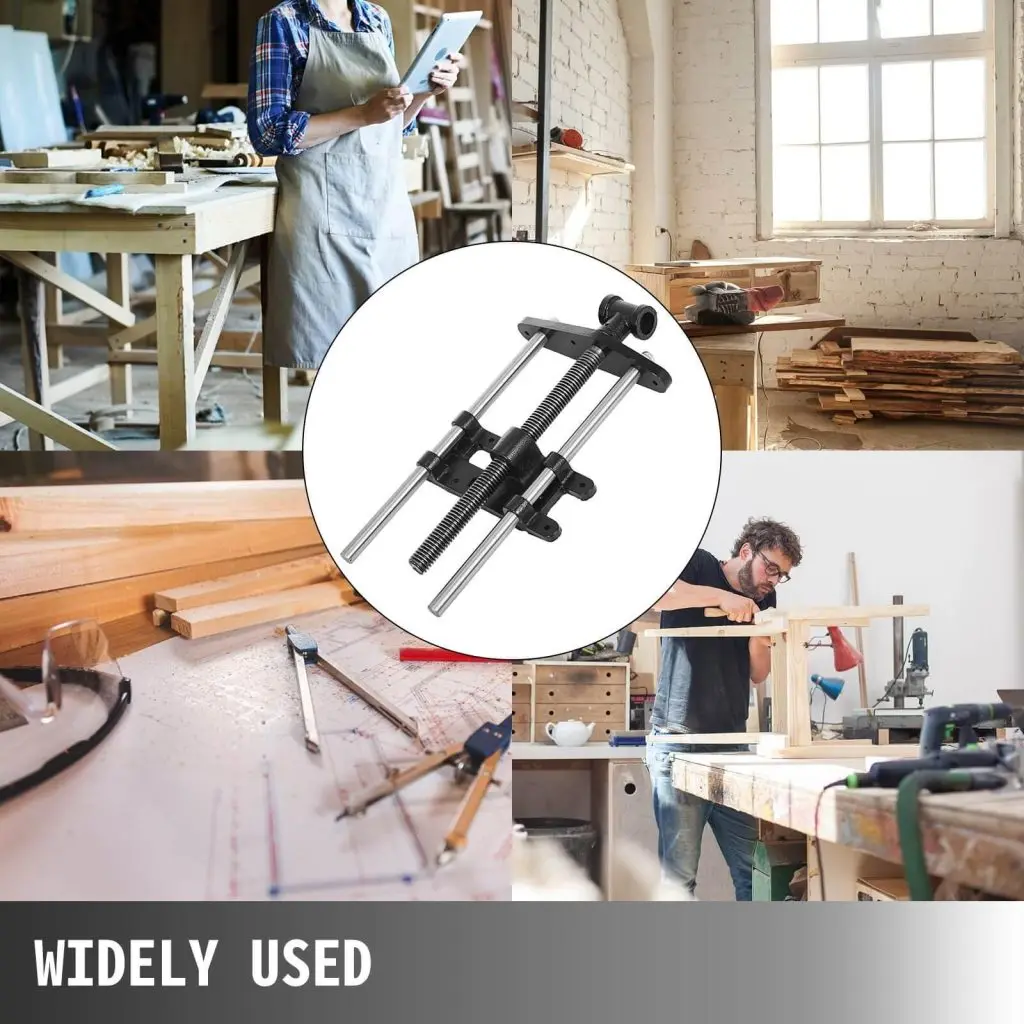Proper air filtration is vital in enhancing the house’s air quality. But still, there are some areas where you require more filtration to protect from further diseases. Despite focusing on virus diseases, lessening airborne contamination, dust, and biological pollutants should now be the top priority. Electronic and mechanical air purifier systems are the most advanced methods to relieve these airborne contaminations.
HEPA filters are a portable system that contains requisite filtering components. However, not all of the HEPA filters work in the same way, as some of them remove micron-sized particles. Knowing the difference between HEPA and True HEPA filters is the biggest challenge when looking for portable air purifiers.
We’ll take you on the journey of learning about HEPA vs. true HEPA, whether all HEPA filters are the same, what it means, and how it’ll help determine what air cleaning device will be helpful for air cleaning.
Table of contents
What is a HEPA Filter?
HEPA is a mechanical air filter for a “high-efficiency particulate air filter.” It refers to clean air quality. True HEPA filter vs HEPA filter can remove:
- Viruses
- Bacteria
- Dust
- Pollen
- Mold
Nowadays, due to licensing problems, flawed filter manufacturing companies showcase their products as HEPA filters or HEPA-like filters with a 99.7% filtration rate. So it gets complicated for customers to distinguish between true HEPA filter vs HEPA filter. Compared to true HEPA, this 0.3-micron filter is much larger. Instead of only for percentage, you should check the smallest micron filtration listed.
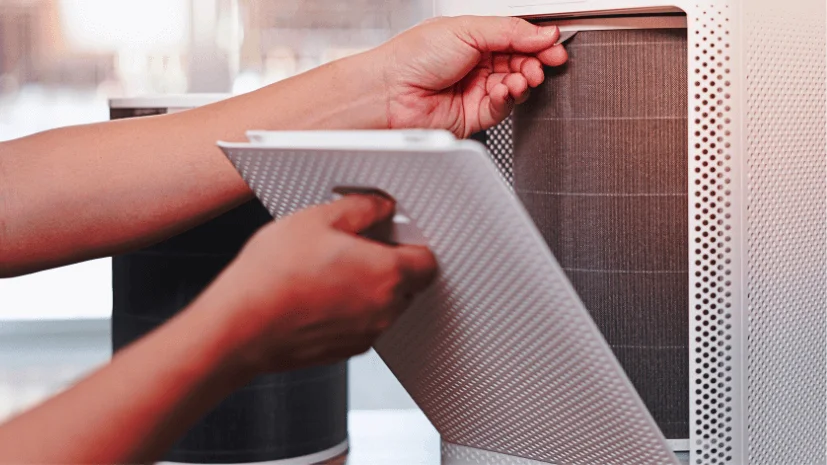
The Science Behind HEPA Filters
Are all HEPA filters the same? HEPA (High-efficiency particulate air filters) are an integral part of the air purification system, developed to filter out fine particles and toxins from the air. Mechanical and diffusion-based filtration mechanisms are involved in the HEPA filters. Here are the following points of science behind HEPA filters:
Filter Design: Generally, HEPA filters are made up of a dense mat of fibres arranged randomly. These fibres contain multiple materials like synthetic polymers and fibreglass and are sometimes made up of both combinations. However, with numerous gasps, these fibres form a maze-like structure.
Diffusion Filtration: Diffusion filtration works where tiny particles may not be filtered through mechanical filtration alone. The collision between gas molecules makes the most minor particles move in the air due to Brownian motion. Random motion makes this smallest particle come into contact with fibres during filtering.
Mechanical Filtration: Mechanical filtration is a primary mechanism of HEPA filters. Fibers capture mould, dust, pollen, and particles when air passes through the filters.
Efficiency of Particle Size: HEPA filters are developed to catch particles of different sizes effectively. Usually, the efficiency of the HEPA filter is measured by the capability to grab particles with 0.3 micrometers in diameter. It’s the highly penetrating particle size.
Pressure Drop & Air Flow: Due to the dense structure of HEPA filters, they create a barrier to airflow. This is often referred to as a pressure drop. Balancing efficiency and minimal pressure drop is essential in designing a HEPA filter system to ensure appropriate airflow in air filtration systems and ventilation.
Applications: HEPA filters can be found in various applications, including clean rooms, residential settings, healthcare, and laboratories. Typically, they’re used in vacuum cleaners, HVAC systems, air purifiers, and many other systems where air quality is the primary concern.
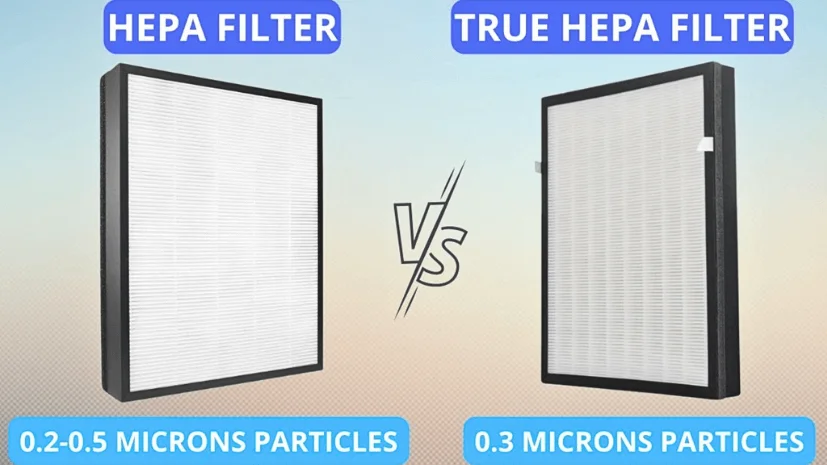
True HEPA vs. HEPA: What’s the Difference?
Both true HEPA filters and HEPA filters are created to provide effective particulate air filtration, but both have differences in specifications and performance. Here, you dive into a detailed comparison between the HEPA filter vs. true HEPA:
Efficiency of Filtration
True HEPA filter vs. HEPA filter meets the high standards of the US Department. These filters can capture 99.7% of particles at a size of 0.3 micrometers or greater than it. At the same time, the HEPA alone doesn’t guarantee an efficiency level. These filters catch lower particles at a 99% rate, but efficiency can depend on the manufacturer.
Size of Particle Of True HEPA vs HEPA: True HEPA filters are designed to capture the tiniest particles, as small as 0.3 micrometers. It’s such a dense particle size. On the other hand, HEPA efficiency is lower in catching particles lower than 0.3 micrometers.
Cleaning Rooms Usage: If we compare true HEPA filters vs. HEPA filters, then true HEPA filters are required in strict cleaning semi-conductor cleaning rooms and pharmaceutical manufacturing.
Usage: True HEPA filters are used in laboratories, hospitals, and healthcare isolation rooms. However, HEPA filters are found in vacuum cleaners, HVAC systems, and residential air purifiers where there’s a need for high-efficiency filtration.
Cost: Moreover, considering the price of true HEPA filters vs HEPA, true HEPA filters are more expensive and meet stringent standards to achieve high-level filtration efficiency. But HEPA filter vs true HEPA is budget-friendly and ideal for applications as the best performance is not a complex requirement.
Pressure Drop: The high-density structure of true HEPA filters produces a high-pressure drop. Meanwhile, the HEPA filter has a low-pressure drop rate vs. true HEPA filters.
What to Look for in a HEPA Filter
Well, there are many things that you should consider before investing in a HEPA filter to protect yourself from false expectations like:
Particle Size: For efficiency, you should check for filter specifications. However, 0.3 micrometers is the generally referenced size. The best HEPA filter is effective in catching small and large particles.
Cost: At the recommended interval, HEPA filters should be replaced. For optimal results, regular maintenance is required. But always keep in mind maintenance expenses and other ongoing cost of replacement.
Composition: Investigate what type of materials are used in filter construction. These filters are made up of synthetic glass fiber. It’s also important to consider other factors like durability, microbacterial growth, and moisture resistance to ensure reliable performance.
Certification: The US Department of Energy or the EU standard EN 1822 “True HEPA Filter” must meet high standards. True HEPA filter vs HEPA filter can easily catch 99.7% of particles as small as 0.3 micrometers.
Brand Reviews: Always read the user reviews and look for the brand reputation. Established brands can meet high-end requirements.
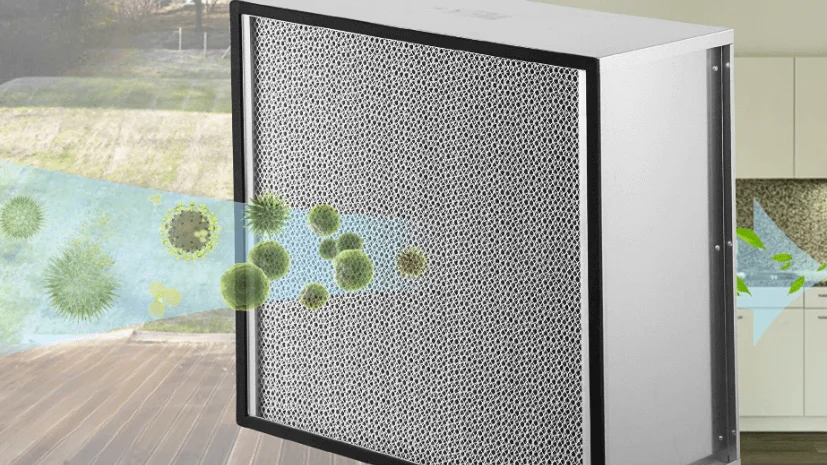
The VEVOR Advantage: Why Choose VEVOR’s HEPA Filters
There’s no difference between the true HEPA filter and VEVOR HEPA filters as they work similarly. With VEVOR HEPA Filter, you can get pollution-free air like a true HEPA filter; VEVOR HEPA filter catches 99.7% of particles as small as 0.3 microns like pollen, virus, debris, dust, etc.
Its solid galvanized frame and fiberglass structure are highly efficient in capturing debris and, in return, provide pollutant-free air. You don’t need to worry about deformation as this product is upgraded with a waterproof galvanized frame.
FAQ’s
1-What Makes HEPA Filters Different from True HEPA Filters?
True HEPA filters catch 99/7% of particles and meet DOE’s standards, while HEPA filters don’t meet DOE’s standards.
2-Can VEVOR’s HEPA Filters Capture COVID-19 Particles?
Yes, the VEVOR HEPA filter intercepts a high number of airborne particles.
3- How Often Should I Replace My VEVOR HEPA Filter?
You should replace a HEPA filter every six months to ensure high working efficiency.
4-Are HEPA Filters Worth the Investment for Home Use?
HEPA filters are a great way to remove debris and dust around the home and create a healthier living environment. They reduced energy costs, trapped airborne particles that blocked vents, and made the HVAC system work hard.
Conclusion
If you require a high-efficiency level for critical environments, then a true HEPA filter vs a HEPA filter is a top priority. However, true HEPA vs HEPA filters are cost-effective, where high efficiency is not required. You can decide on your quality goals and demands. If quality is your concern, prefer the “VEVOR HEPA Filter,” which captures 99.7% of particles while purifying the air. Make a purchase now so as not to repent later.

